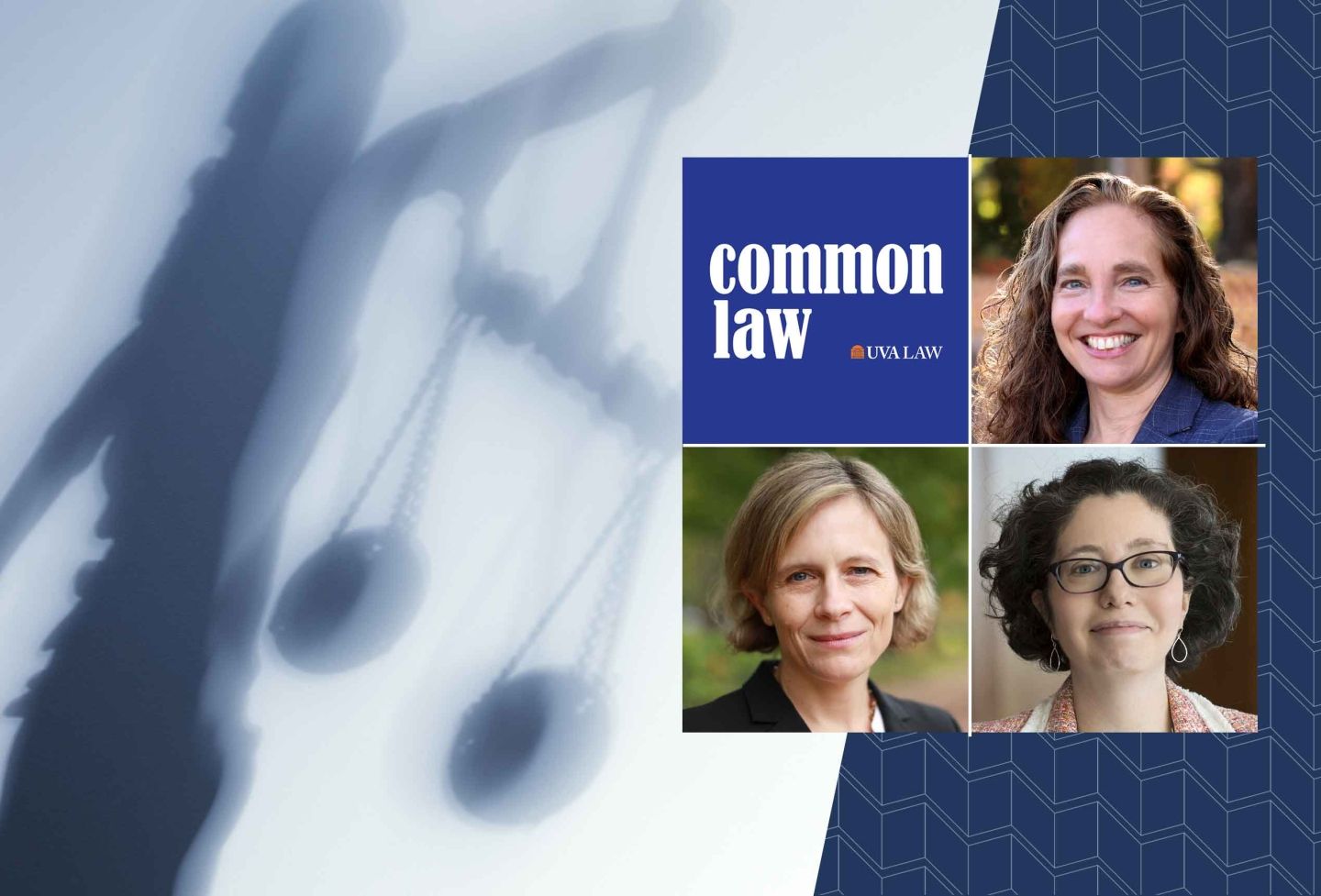The election season has been long, the debates seemingly endless. But has all that time and attention really focused the issues? University of Virginia School of Law Professor John Norton Moore says, in many cases, the candidates and the media have missed the mark.
Moore, an international legal expert who also taught a domestic-focused seminar for many years called The Rule of Law Controlling Government, reached out to thinkers in key areas — economic growth and domestic policy, foreign policy and defense, and criminal justice — to identify where they feel the political discussion should be focused.
He compiled their papers in the recently released book he edited, “The Presidential Debates: Issues and Questions for the 2016 Election and Beyond,” published by Carolina Academic Press. With less than six months before the presidential election takes place, the topic could not be more timely.
Moore, a six-time presidential appointee and the Walter L. Brown Professor of Law, said the book is an extension of the types of issues he has worked on throughout his career.
"Much of my work is really a parallel between looking at government failure and why it happens in non-democracies abroad, and looking at failures domestically," Moore said. "Specifically, what are the mechanisms within democracies that are still producing modest government failure?"
Moore said the book contributors share views that are fresh or under-represented by the media on such topics as tax reform, prison population reduction, community policing and health care.
In one example, contributor Steven R. Goldring, a medical doctor and researcher at the Hospital for Special Surgery in New York, examines the potential benefit of reframing the health care debate from simply servicing diseases and disorders to leveraging government resources toward actually curing them.
"I have no doubt that if we were to fund medical research more effectively you could actually cure some of these diseases," Moore said. "The idea is more focus on research, one disease at a time, where a disease process is currently underfunded, where current science suggests serious promise of cure, and where the cost of the disease burden to the nation is large."
Moore himself pens chapters on issues that will be facing the new president when he or she enters office, and on "right-sizing" government.
Moore has a long history of distinguished service to the U.S. in governmental affairs. Among his presidential appointments, Moore has served as a U.S. ambassador, as a deputy special representative of the president, and as chairman of the board of the U.S. Institute of Peace. He has also been a fellow at the Woodrow Wilson International Center for Scholars in Washington, D.C., and served as the co-chairman, with the deputy attorney general of the United States, of the first talks between the U.S. and the the former Soviet Union on the rule of law.
Moore taught the first course in the country on national security law and conceived and co-authored the first casebook on the subject. He currently directs the Center for National Security Law and the Center for Oceans Law and Policy. He also teaches classes related to the focus of these two centers, as well as "War and Peace: New Thinking about the Causes of War and War Avoidance."
Additional information about his new book can be found on the Focusing the Presidential Debates website.
Founded in 1819, the University of Virginia School of Law is the second-oldest continuously operating law school in the nation. Consistently ranked among the top law schools, Virginia is a world-renowned training ground for distinguished lawyers and public servants, instilling in them a commitment to leadership, integrity and community service.


